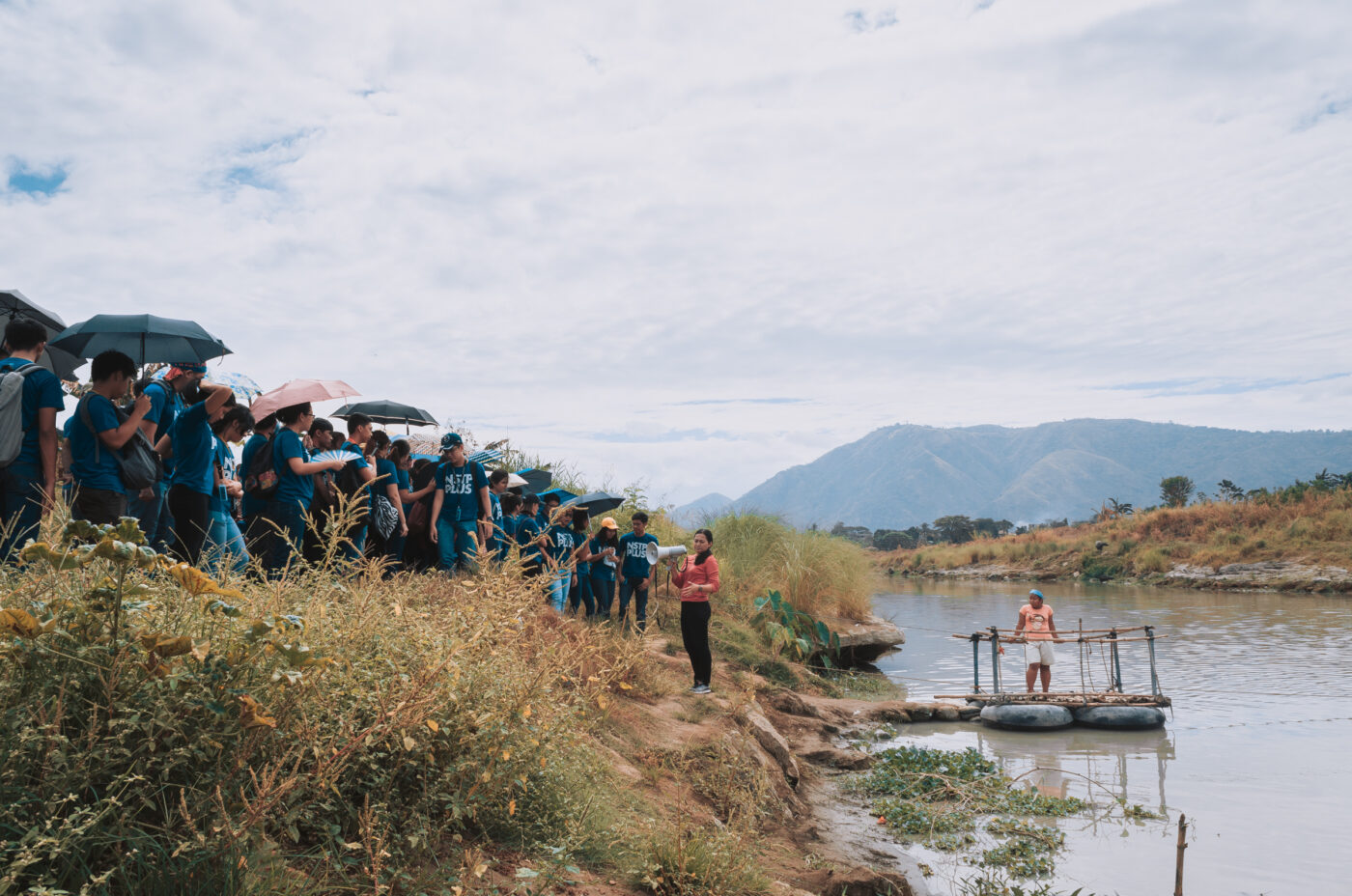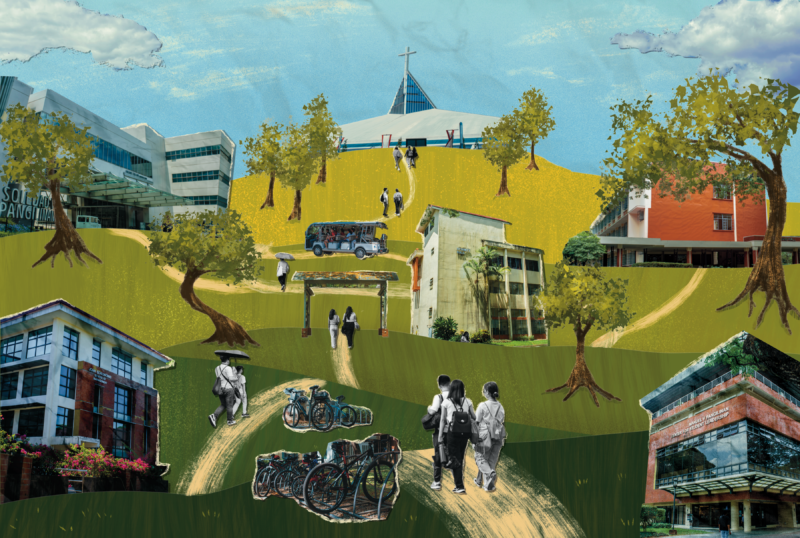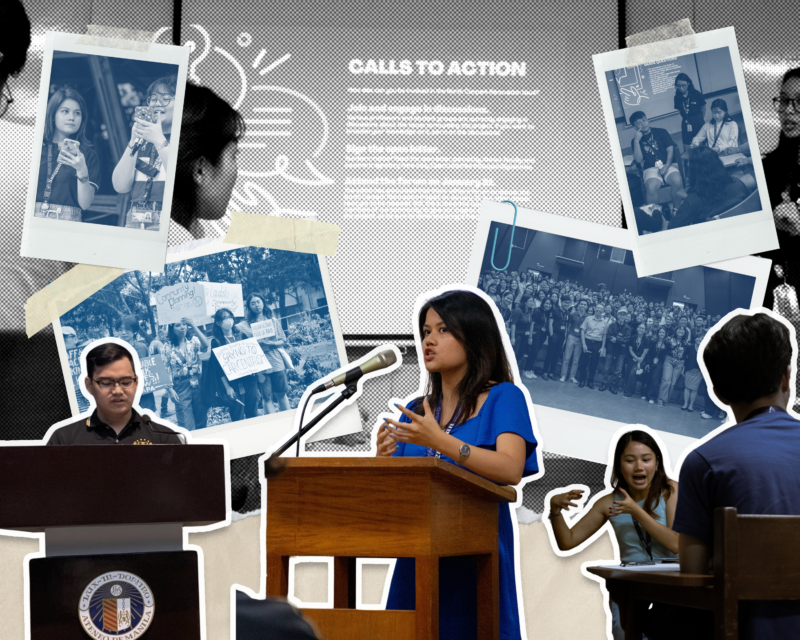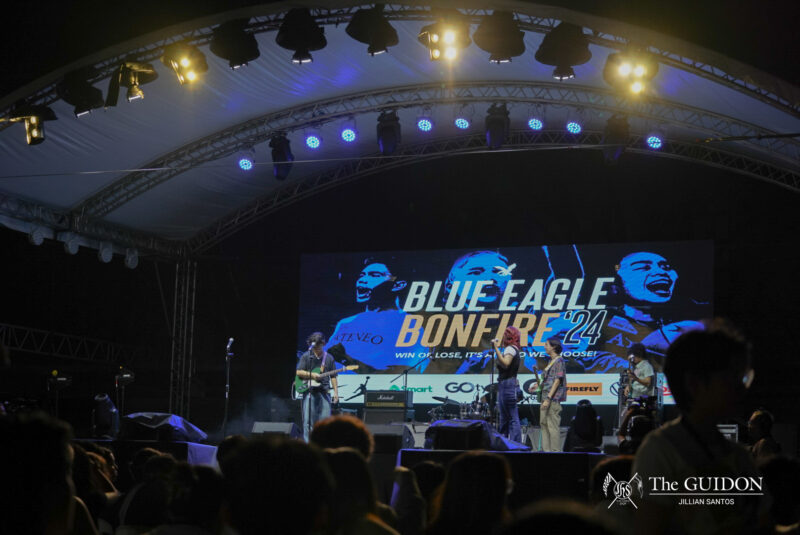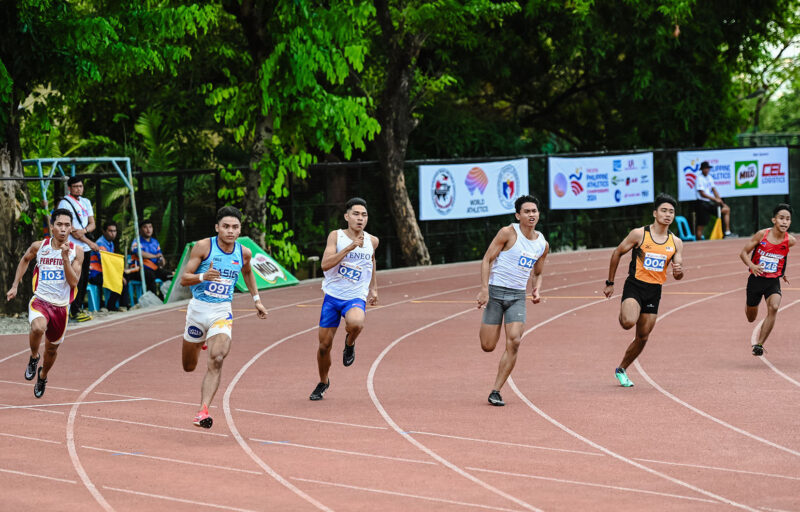THE OFFICE for Social Concern and Involvement (OSCI) will hold its usual area engagements under the Integrated Ateneo Formation (InAF) program, as new guidelines for off-campus activities have been released by the Commission on Higher Education (CHED).
The guidelines effectively lifts the moratorium issued by CHED on off-campus activities such as field trips and educational trips in February after a bus accident in Rizal that killed 14 students.
The ladderized InAF program is geared towards the “holistic formation” of undergraduate Ateneans. InAF programs include the Introduction to Ateneo Culture and Traditions (InTACT) for freshmen, the National Service Training Program (NSTP) for sophomores, the Junior Engagement Program (JEEP) for juniors, and the Senior Integration Program (SIP) for seniors.
Back to ‘status quo’
OSCI Director Leland Dela Cruz said that while the administration is currently in the process of studying the new guidelines, the new CHED memorandum will bring the InAF program “back to status quo.”
“Our practices before the moratorium seem to already comply with the new and old guidelines,” he said.
According to Dela Cruz, the main difference between the old and the new guidelines is that the latter has clearer definitions, specifically on defining “what is a field trip, educational trip, field study or experiential learning, and non-curricular activities.”
Field trips are now defined as “off-campus learning activities involving mobility of students with the supervision of authorized personnel outside the premises of the institution but is or relatively shorter duration usually lasting for only one day with fewer places of destination,” while educational tours last for more than one day, with more than one destination.
Dela Cruz added that the new guidelines now have more “sensible provisions” such as clearer regulations on transportation provider requirements.
Asked about the implications of the new guidelines on the InAF activities, Dela Cruz said that there might be some “operational changes,” such as gearing programs to be more discipline-based.
Meanwhile, Dela Cruz also announced that the Talakayang Alay sa Bayan (TALAB) alternative class program for this school year will be held on October 17. This year, TALAB will focus on the United Nations’ Sustainable Development Goals.
Dela Cruz said that with CHED’s new guidelines, OSCI can now include field trips as part of the TALAB activities.
Alternative activities
Due to the constraints created by the CHED moratorium last semester, OSCI introduced alternative activities and talks to make up for the cancelled out-of-campus engagements, such as field or exposure trips and area engagements.
Aside from the talks and activities on campus, the office also credited some of the off-campus activities as “field studies” during the past semester.
Based on CHED Memorandum Order No. 30 on the Undergraduate Teacher Education Curriculum, field studies are defined as any “course or activity that intends to provide students with practical learning experiences in which they can observe, reflect on, or experience different components of the profession for which they are preparing.”
Since the CHED moratorium in February did not specify field studies, OSCI was able to organize activities for students despite the limitations of the directive.
With the new guidelines, Dela Cruz said that they are in the process of discerning whether or not they will push through with the adjustments that were made to some of the InAF activities, such as the planned field studies for InTACT, NSTP, and immersion.
Despite the compromises caused by the moratorium last semester, some opportunities still arose for the INAF program.
“[The students] liked some of the talks. They didn’t like others. We don’t think we did too badly considering the time constraints we faced. If we had to do it again, I think we’ll do an even better job,” he said.
However, Dela Cruz said that the alternative activities were still not as “immersive” as the usual area engagements done in past InAF programs.
“Nothing beats direct engagement. Issue talks can also focus too much on issues and students don’t get a feel for [the marginalized],” he said.
He added that the alternative activities and talks take away the experience of relationship-building that is present in the area engagements under InAF.
COA’s adjustments
Although the moratorium only affected curriculum-based activities from last semester, Council of Organizations of the Ateneo (COA) President Bea Ruiz said that more protocols for COA organizations are being implemented to ensure the safety of students in off-campus activities.
“Measures are being taken as mentioned. This is still in progress. COA is also finding a way to provide assistance to orgs with regards to this matter,” she said.
Ruiz said that OSA has been enforcing a stricter monitoring of approved adult supervisors for events. Supervisors are faculty members who are nominated by the organizations and approved by OSA.
Moreover, requirements such as securing project proposal forms and parental consent forms are still in place.

